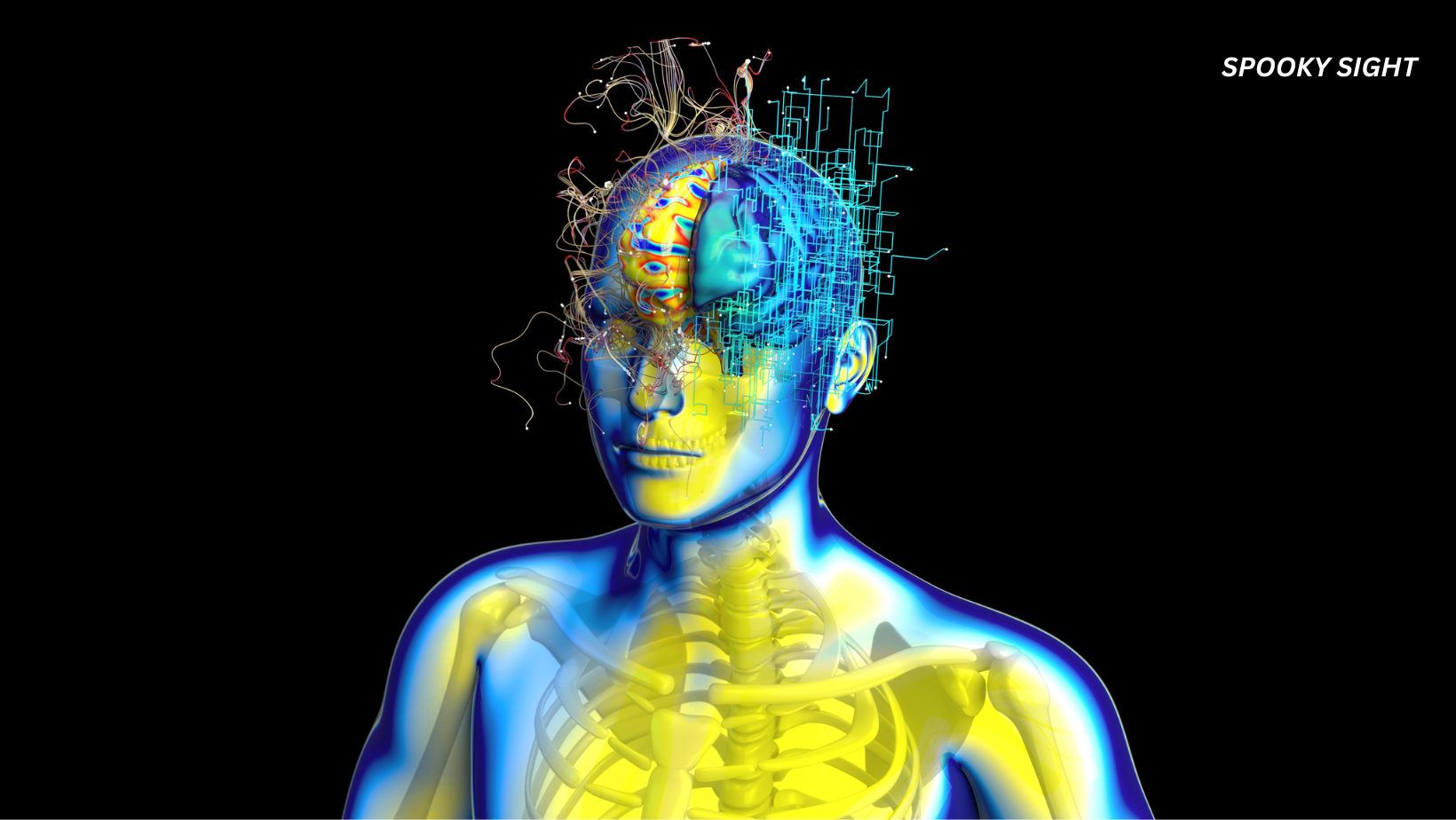Growing up in a household where emotions swung like a wrecking ball often felt unpredictable. One day things were calm; the next, you were tiptoeing around invisible landmines. As a child, you adjusted, developed coping strategies, and built habits to survive the emotional rollercoaster. But here’s the tricky part: those same coping mechanisms often sneak into adulthood, shaping how you react to conflict, relationships, and even your own emotions.
Let’s walk through 15 toxic behaviors many people recognize when reflecting on life with emotionally unstable parents—expanded with details, real-life parallels, and how they still echo in adult life.
1. The Silent Treatment
Instead of addressing problems head-on, your parent might have gone completely quiet, leaving you stranded in confusion. As a child, you’d replay every conversation in your head, wondering what triggered the silence. Did you forget a chore? Say the wrong thing?
👉 Adult echo: When someone you care about doesn’t reply right away—whether it’s your partner, boss, or a friend—you may spiral into anxiety. A simple unread message can feel like rejection. Recognizing that not all silence equals punishment is freeing. Sometimes people are just… busy.
Read more: Psychologists Say These 8 Phrases Will Instantly Disarm An Arrogant Person
2. The Vanishing Apology
Hearing “I’m sorry” may have been a rare (or nonexistent) occurrence. Instead, issues were swept under the rug, or you were told you were “too sensitive.” This taught you that authority figures don’t have to be accountable.
👉 Adult echo: Maybe you’ve caught yourself avoiding apologies because they feel shameful—or, on the flip side, apologizing for things that aren’t your fault. Learning that an apology doesn’t make you weak but instead strengthens relationships is a game-changer.
3. Apologizing For Existing
Sometimes it felt like you had to say sorry just for being in the room. Maybe you apologized for not laughing at a joke, for being “too quiet,” or for looking upset. Apologizing became your default setting.
👉 Adult echo: Fast-forward to today, and you might say “sorry” if someone bumps into you. At work, you might apologize before asking a question. This constant self-blame can be exhausting. Healing begins when you realize that not everything requires an apology—especially not your existence.
4. Emotions Were Dangerous
Crying, getting frustrated, or even showing too much excitement could be risky. Your parents might have mocked you or scolded you for “making a scene.” Eventually, you stuffed emotions down to stay safe.
👉 Adult echo: Now, you might struggle with vulnerability. At parties, you hold back enthusiasm. In relationships, you hide sadness to avoid being seen as “dramatic.” But emotions aren’t flaws—they’re signals, like your body’s way of saying, Hey, something matters here.
5. Constantly On Guard
If you grew up scanning the house for signs of tension—like the way the door shut or how heavily your parent sighed—you developed hyper-awareness. You became a little detective, always predicting danger before it arrived.
👉 Adult echo: In adulthood, this can look like people-pleasing or over-preparing for every scenario. At work, you might check your boss’s tone in emails to gauge if they’re upset. At home, you adjust your behavior to keep everyone else comfortable.
6. Guarded Truths
When honesty led to punishment, you learned to conceal things. Maybe you hid bad grades, fibbed about where you went after school, or kept your sadness to yourself. Secrets weren’t rebellion—they were survival.
👉 Adult echo: Even now, being open about feelings or mistakes may feel impossible. You might downplay your struggles or avoid tough conversations altogether. The truth is, safe people exist—and practicing openness with them can help you rewrite this old script.
7. Guilt As A Constant Companion
Perhaps you were told (or shown) that you were “too much.” Maybe a sigh or an eye roll made you feel like a burden. Slowly, you internalized the message: I cause problems just by being here.
👉 Adult echo: Asking for help can now feel like pulling teeth. You hesitate to voice your needs, convinced you’ll inconvenience others. Relearning that your needs are valid—and that support doesn’t make you a burden—is part of reclaiming your worth.
8. Playing The Family Therapist
If your parents leaned on you to comfort them, you might’ve been cast as the household therapist long before you even understood what that meant. Instead of being nurtured, you were the one doing the nurturing.
👉 Adult echo: Today, you may slip into “fixer mode” in relationships, trying to soothe, solve, or carry others’ emotions—even at the cost of your own. But being a caretaker 24/7 drains you, and it was never your role to begin with.
9. Carrying Secrets Too Heavy For A Child
Parents may have unloaded money struggles, relationship drama, or personal problems onto you. You became a vault, holding adult worries long before you were equipped to handle them.
👉 Adult echo: Now, you may struggle to open up to others, fearing that vulnerability is always heavy or harmful. Remember: you shouldn’t have had to carry those secrets as a kid—and you don’t have to carry everyone else’s burdens now.
Read more: 15 Honest Phrases You’ll Never Hear From a True Narcissist
10. Cruel Jokes Disguised As Humor
If hurtful comments were brushed off as “just jokes,” you learned to smile through pain. Protesting often made things worse—you were told you were too sensitive.
👉 Adult echo: You may now downplay your feelings when someone makes a cruel remark, convincing yourself you’re overreacting. But recognizing that jokes at your expense aren’t harmless opens the door to setting boundaries without guilt.
11. Always Wrong, Never Right
Your choices, tone, or interests were nitpicked endlessly. You could never measure up, no matter what you did.
👉 Adult echo: That inner critic is probably still loud. You might second-guess yourself before making decisions, terrified of being “wrong.” The truth? You were never the problem—it was the impossible standards placed on you.
12. Living In A World Of Yelling
In some homes, yelling was the default language. Whether you did something wrong or not, the outbursts made you shrink into silence.
👉 Adult echo: Now, raised voices can make your body freeze. Even in minor disagreements, you might withdraw or shut down, mistaking normal conflict for danger. With time, you can relearn that healthy disagreements don’t have to involve shouting.
13. The Fake Smile Mask
You learned that showing sadness or anger made things worse, so you perfected the “I’m fine” face. Smiling was safer than telling the truth.
👉 Adult echo: You may still put on a cheerful mask at work or in relationships, even when you’re hurting. It feels easier to hide than to risk rejection. But honesty builds deeper connections than forced smiles ever could.
14. “Selfish” For Choosing Yourself
Self-care? Boundaries? Time for yourself? Those things might have been framed as betrayals. You were taught that looking after your own needs was wrong.
👉 Adult echo: Now, guilt creeps in when you say no or prioritize rest. But here’s the reality: caring for yourself isn’t selfish—it’s what keeps you functioning.
Read more: If You Stay Up Past Everyone Else, You Likely Share These 12 Traits
15. Walking On Shifting Eggshells
One of the hardest dynamics was inconsistency. What was okay yesterday could spark fury today. Rules weren’t steady—they shifted like quicksand.
👉 Adult echo: This unpredictability often turns into adult anxiety. Making choices feels scary because you expect the “rules” to change on you again. Recognizing that consistency is possible in healthy relationships helps ease this fear.
Final Thought
Growing up with emotionally unstable parents leaves marks, but those marks don’t define you. Many of the patterns you carried into adulthood were once clever survival strategies—they kept you safe in a confusing environment. The good news is, awareness is the first step toward change. With time, boundaries, and self-compassion, you can rewrite the story.
Image: Freepik.









